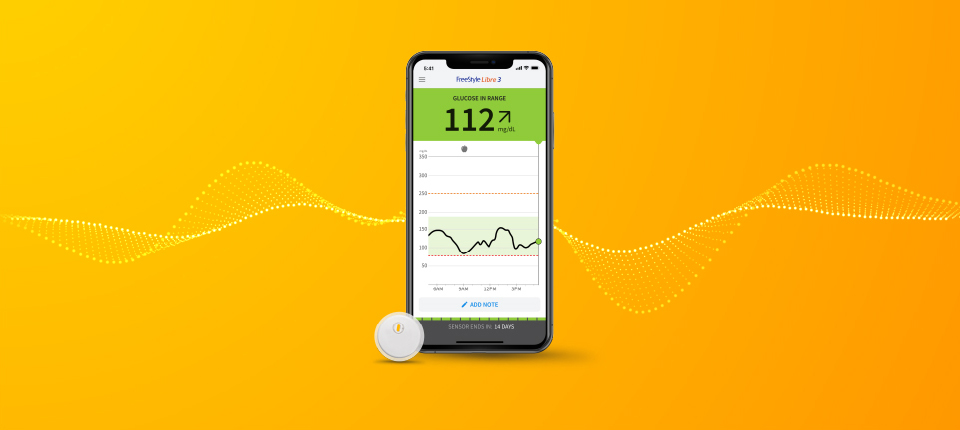High sensitive troponin-I tests have been helping emergency room doctors in Europe determine whether a patient experiencing symptoms is having a heart attack. Now Abbott's test is helping doctors take care to the next level by focusing on prevention.
Abbott's test is so sensitive that it can also detect low levels of troponin-I that indicate if a person is at increased risk of a future heart attack or cardiac event, potentially months to years before symptoms occur.
A substantial amount of research has shown that measuring a person's troponin levels using Abbott's high sensitive troponin-I test provides better predictive information for determining a person's chances of developing a future cardiovascular disease when added to the current standard of care.2-6
To currently predict a person's chances of developing heart disease, European guidelines recommend that physicians use several indirect health factors: for example, cholesterol levels, blood pressure, as well as if they have diabetes or are a smoker. Abbott's test uses a biomarker that is a direct signal from the heart.
"This life-changing technology can help physicians have a clearer picture of their patient's likelihood of having a cardiac event in the future”, said Gillian Murtagh, M.D., a cardiologist and Associate Medical Director at Abbott. "Having access to this additional information helps ensure the correct medical treatment is given to high risk patients and can help prevent unnecessary testing and costs for low risk patients."







FOLLOW ABBOTT